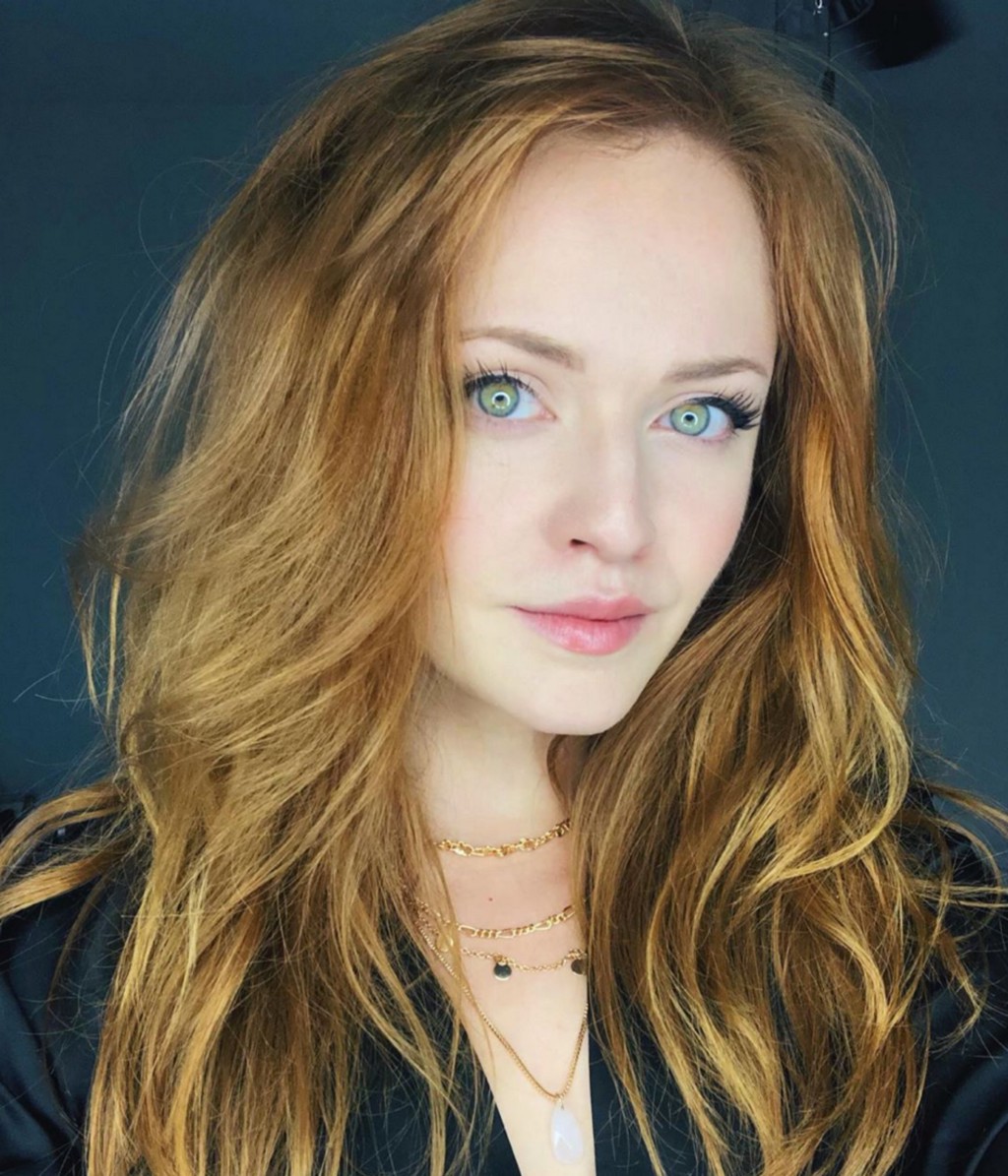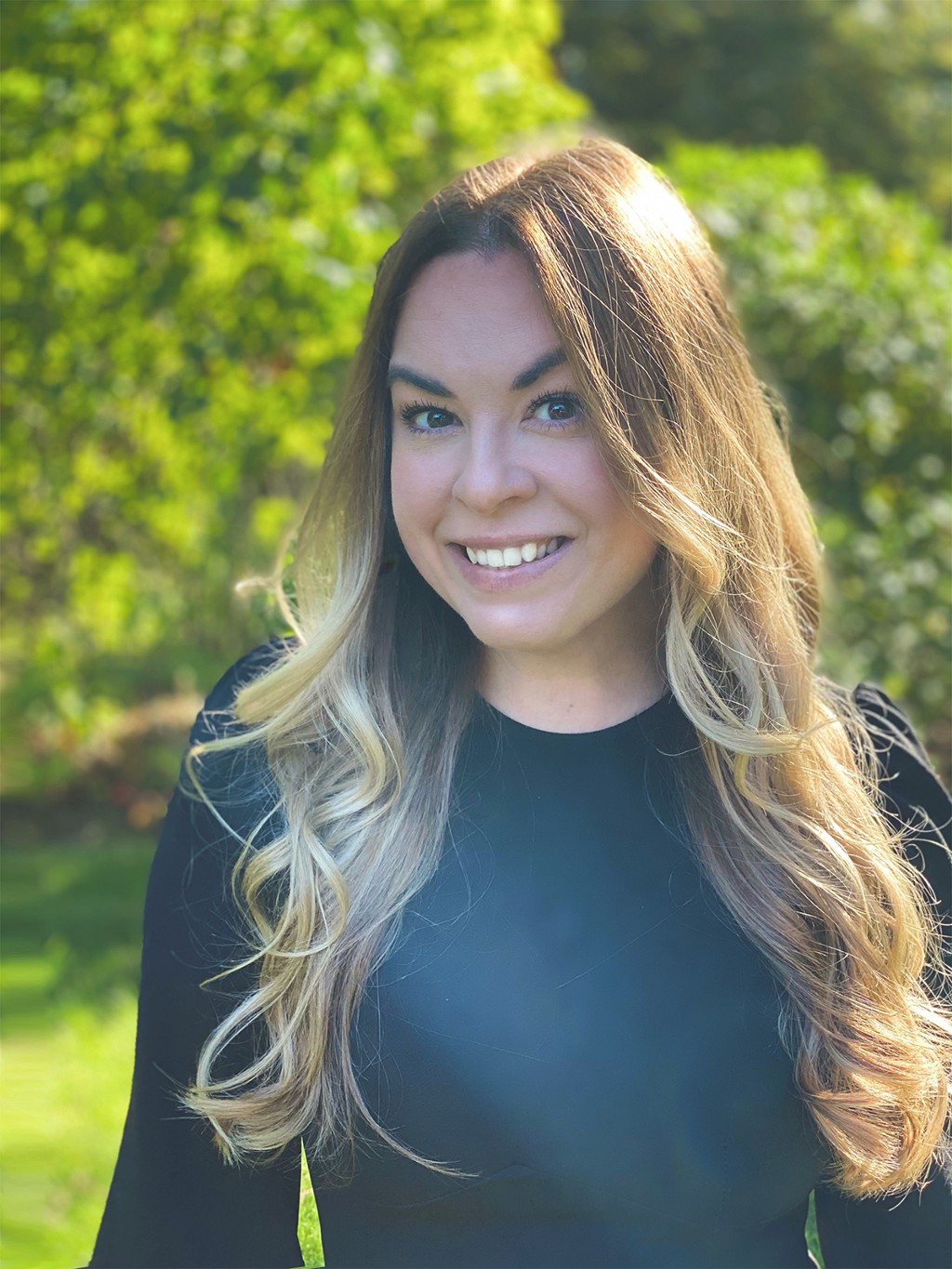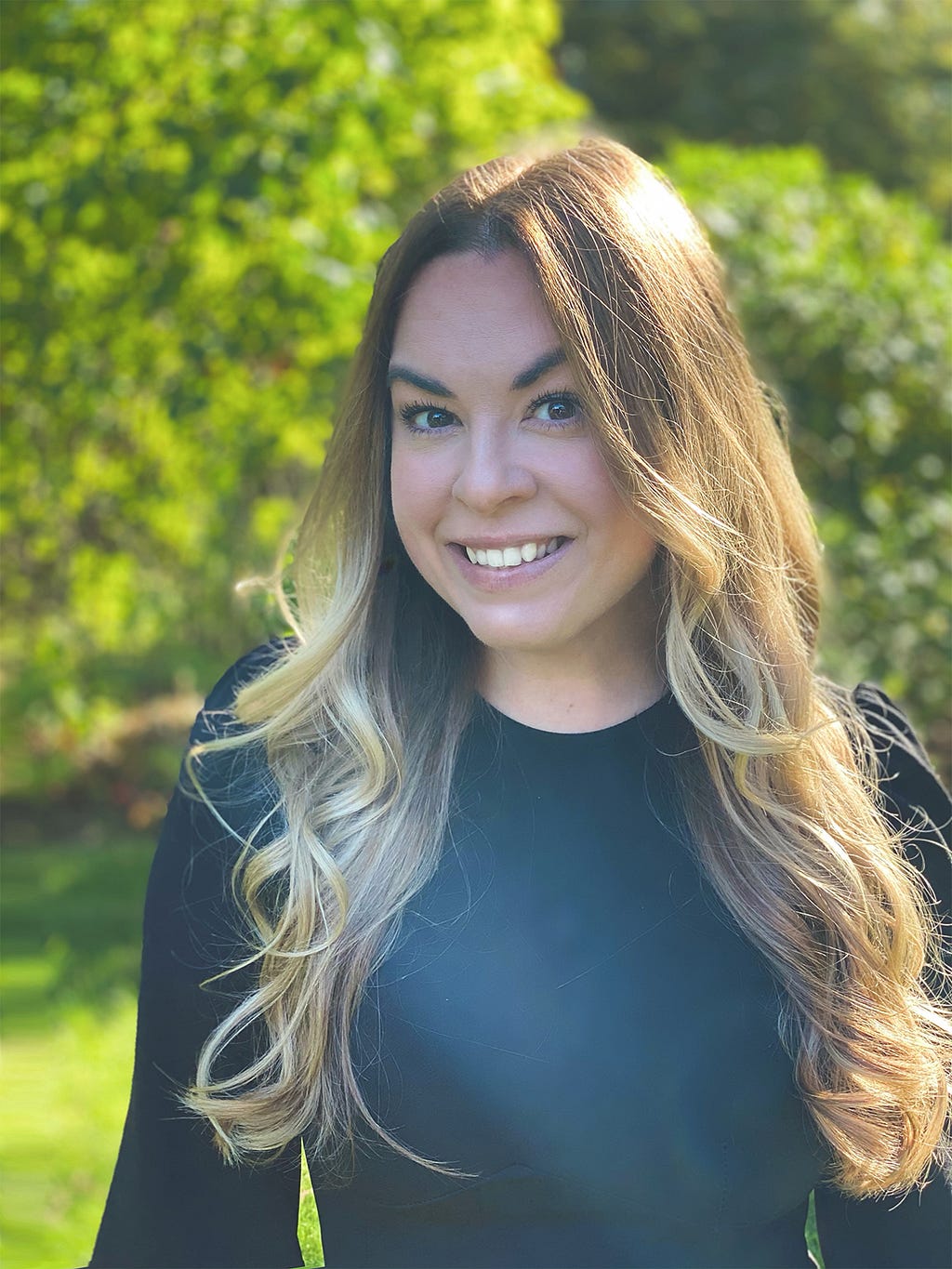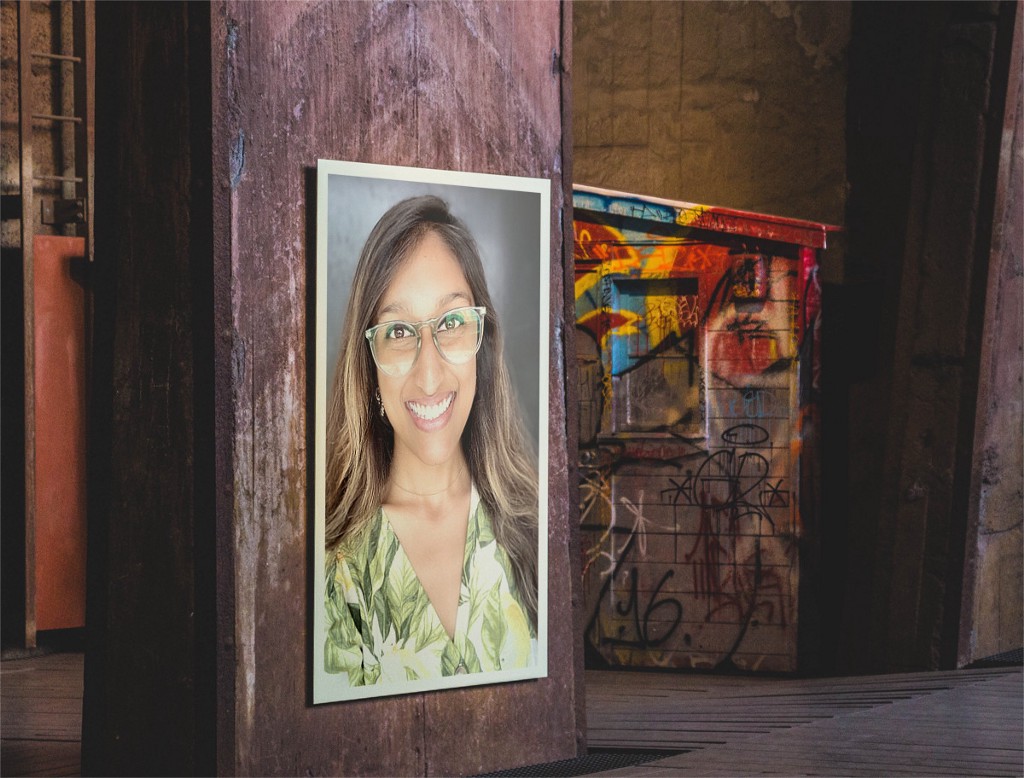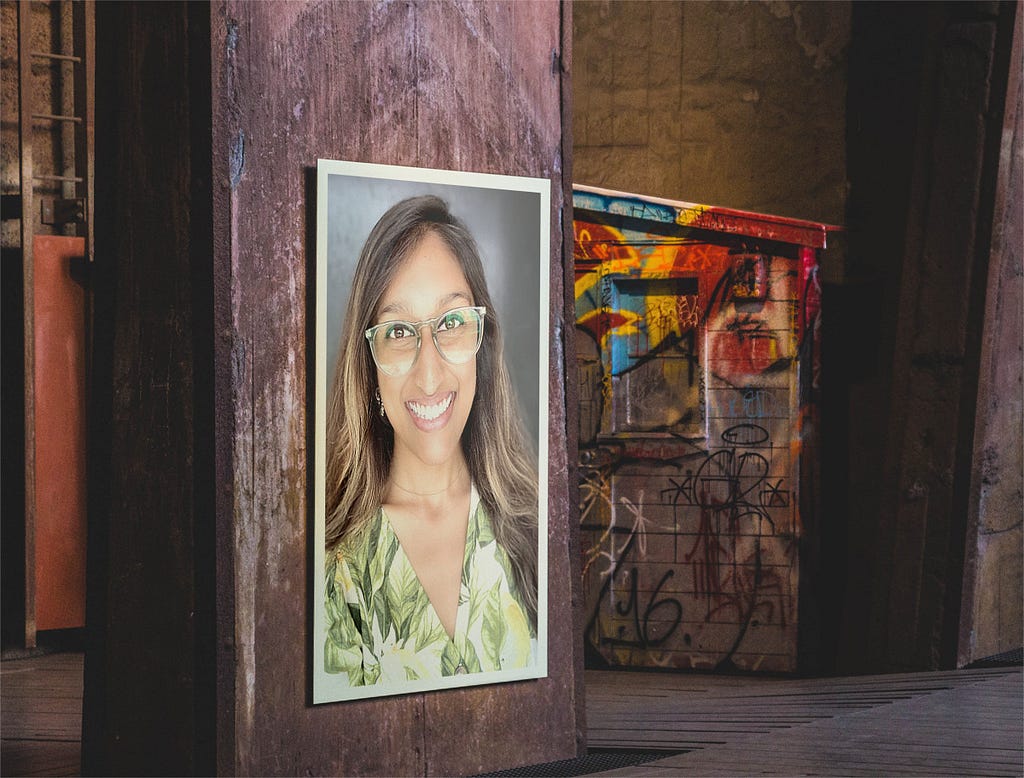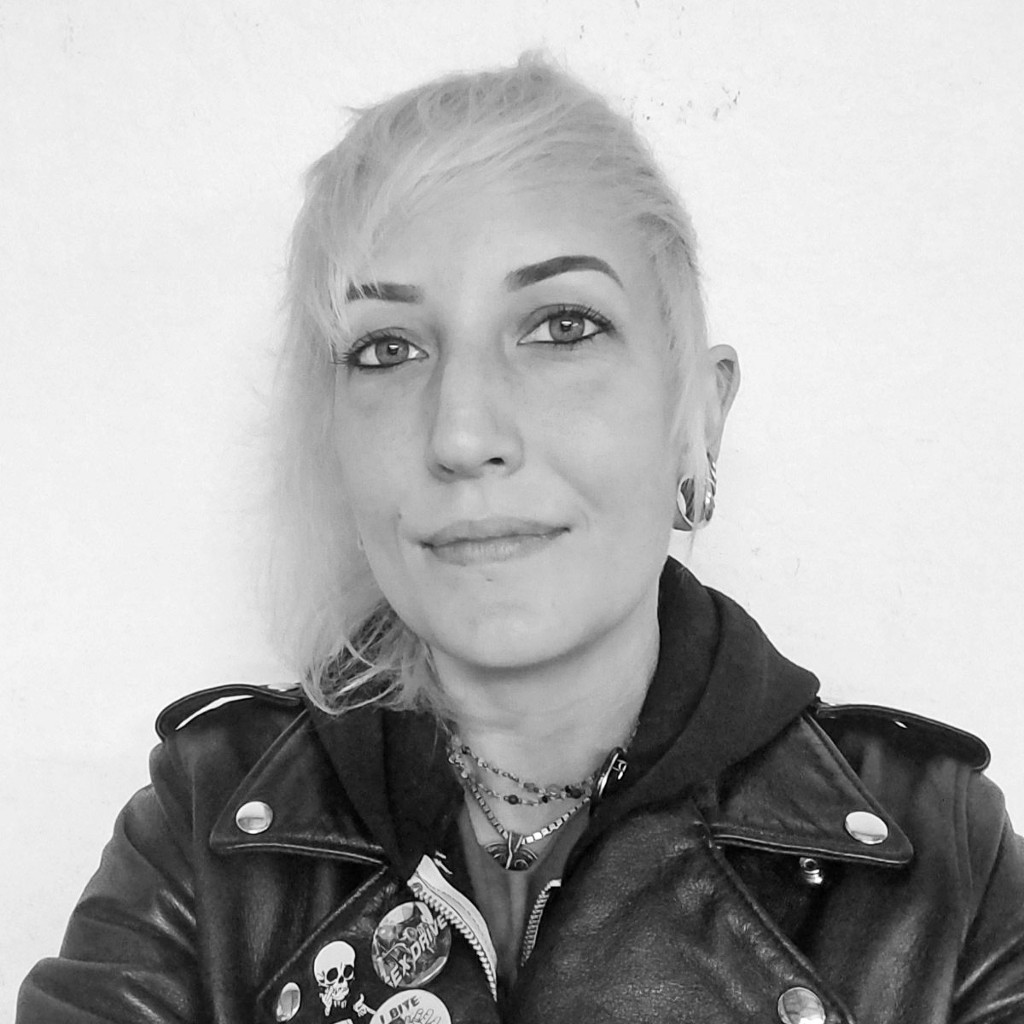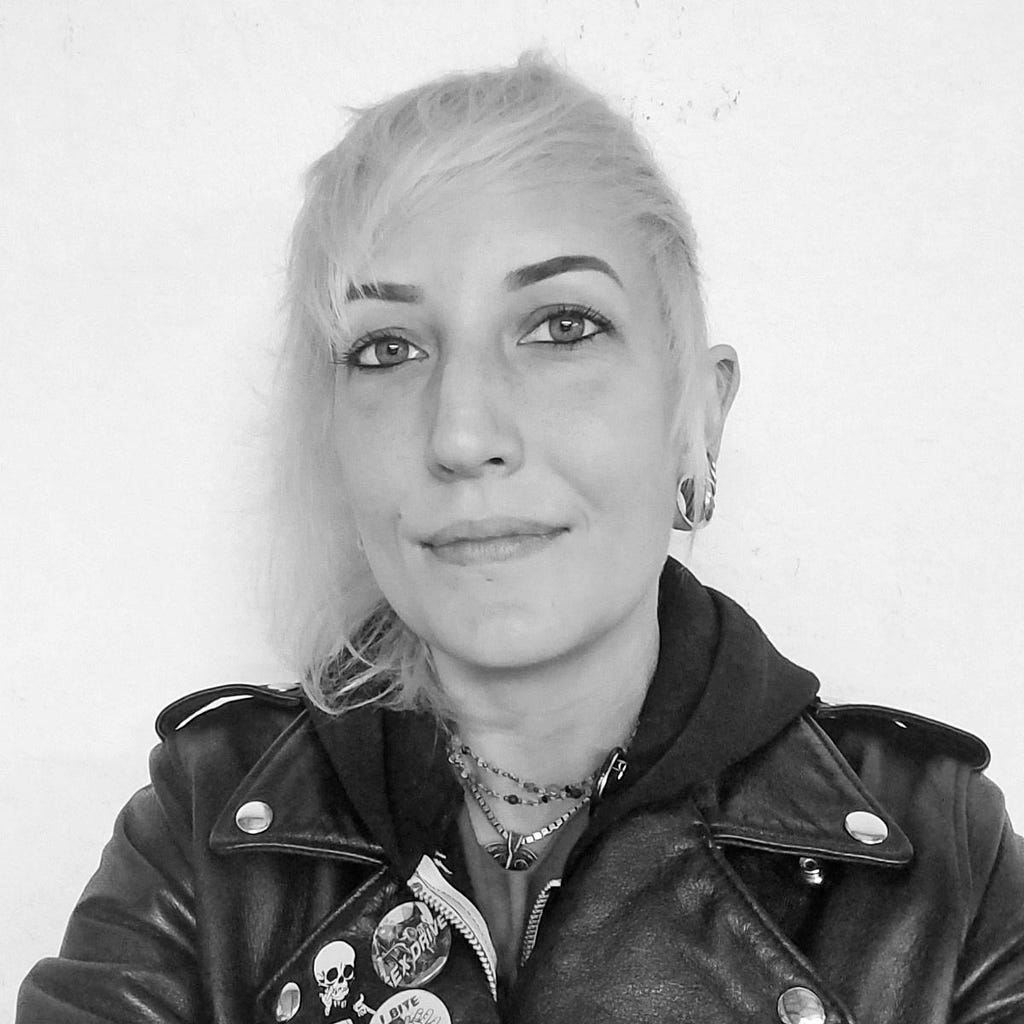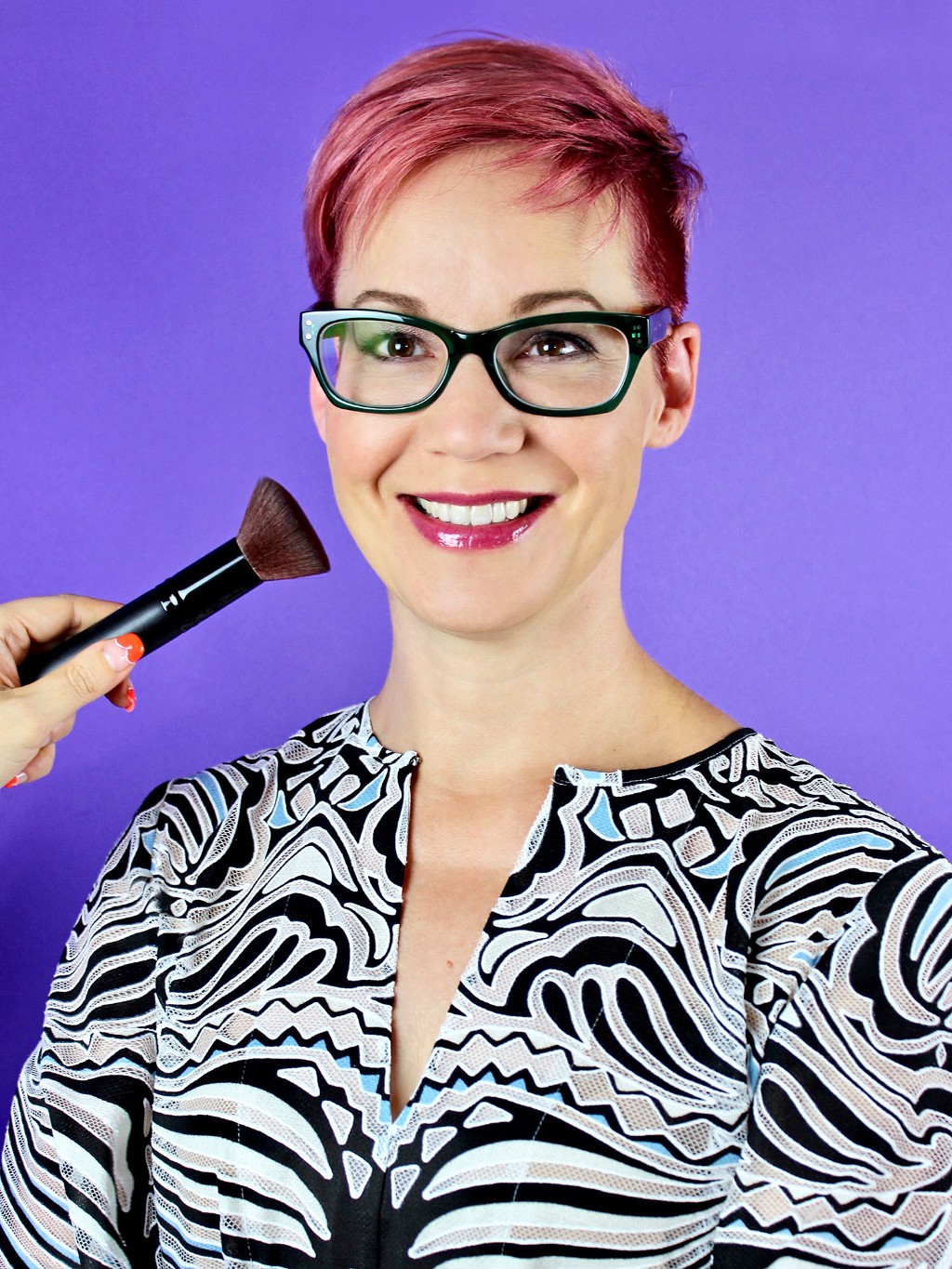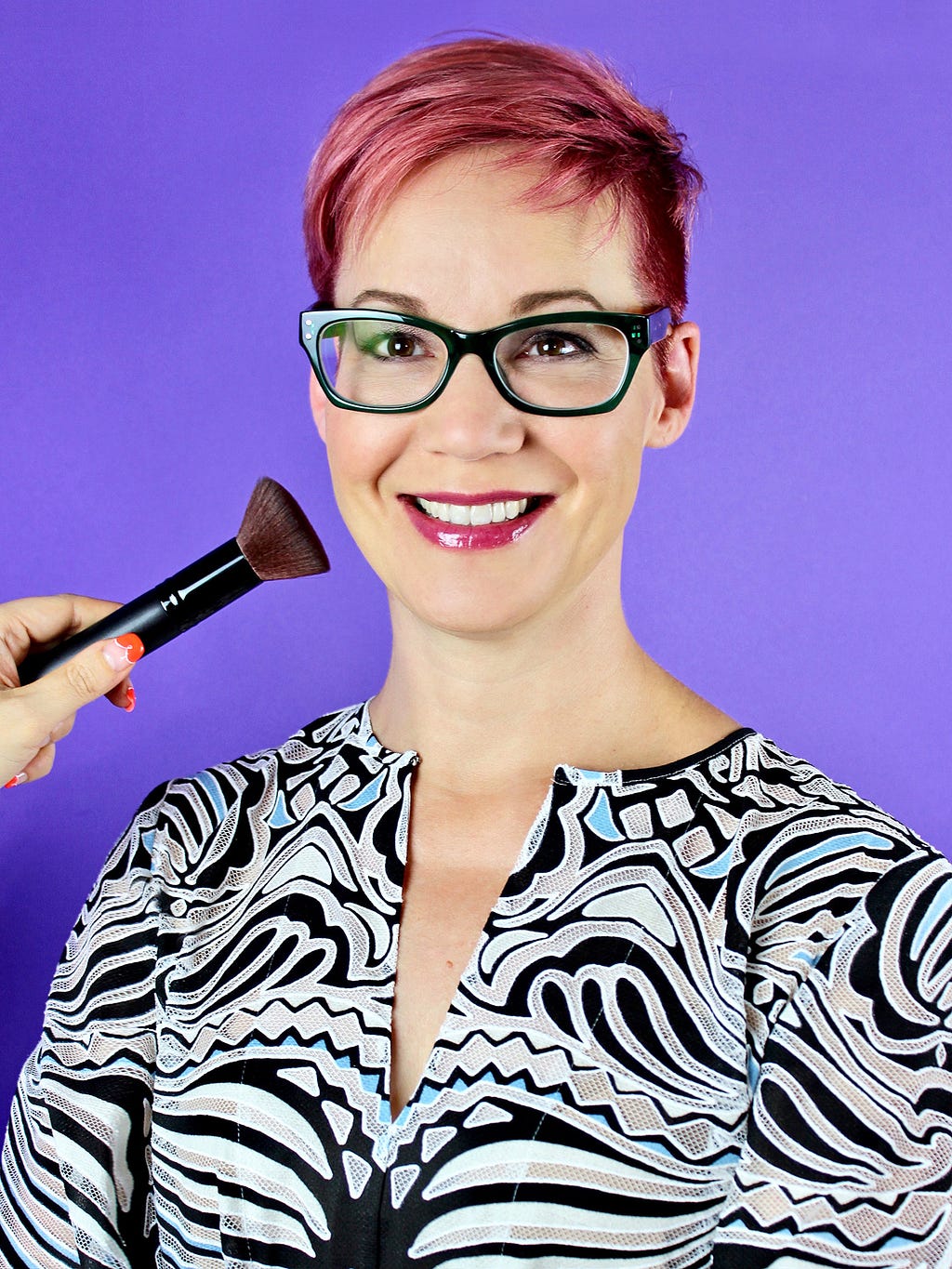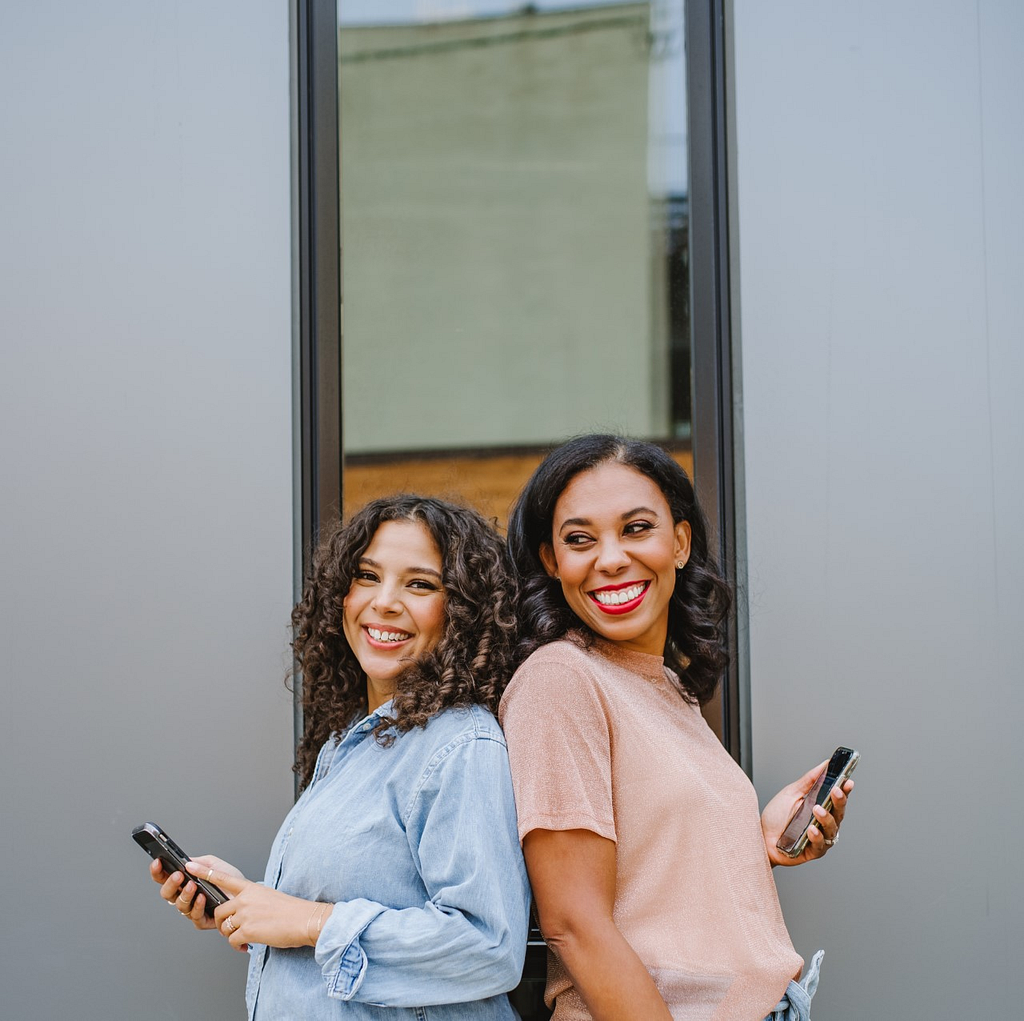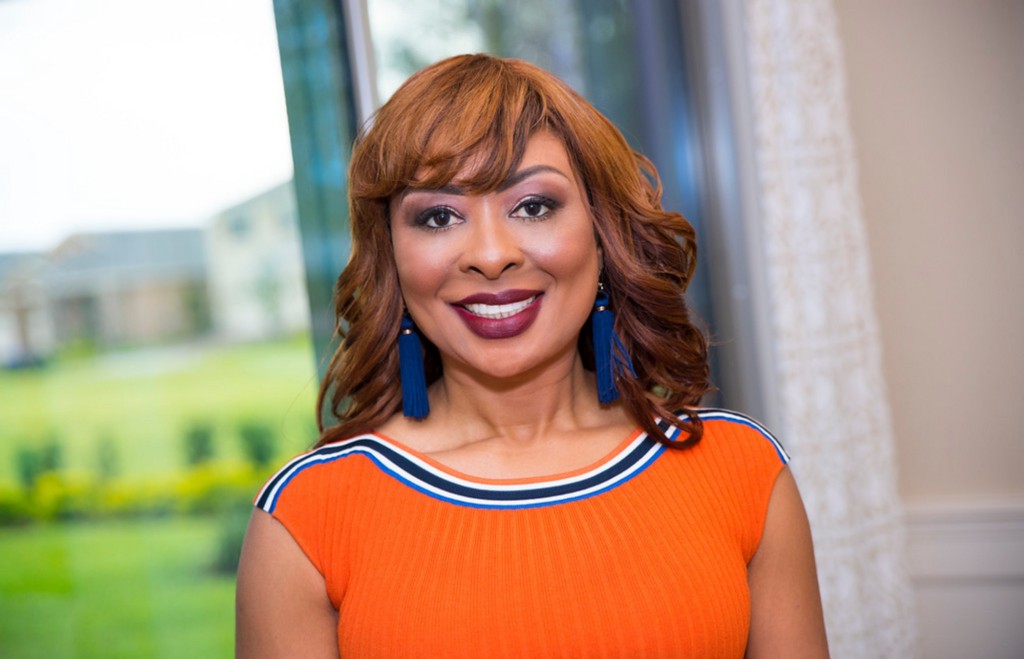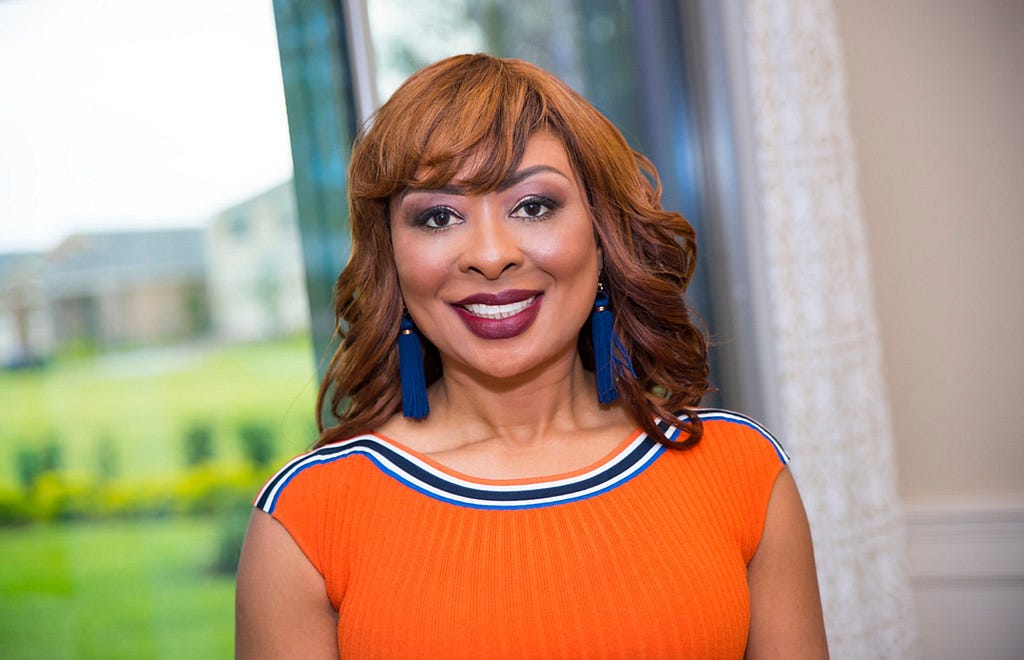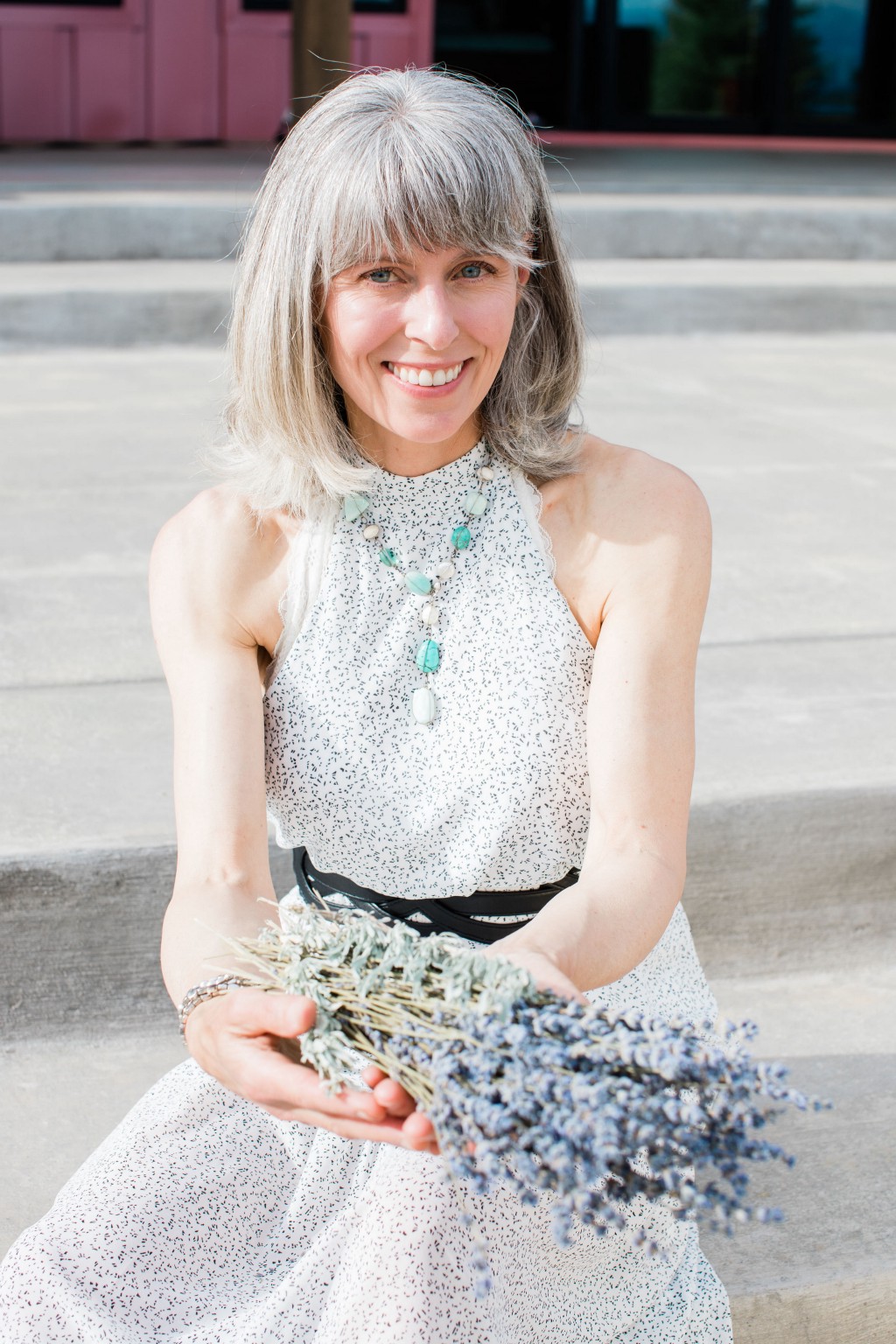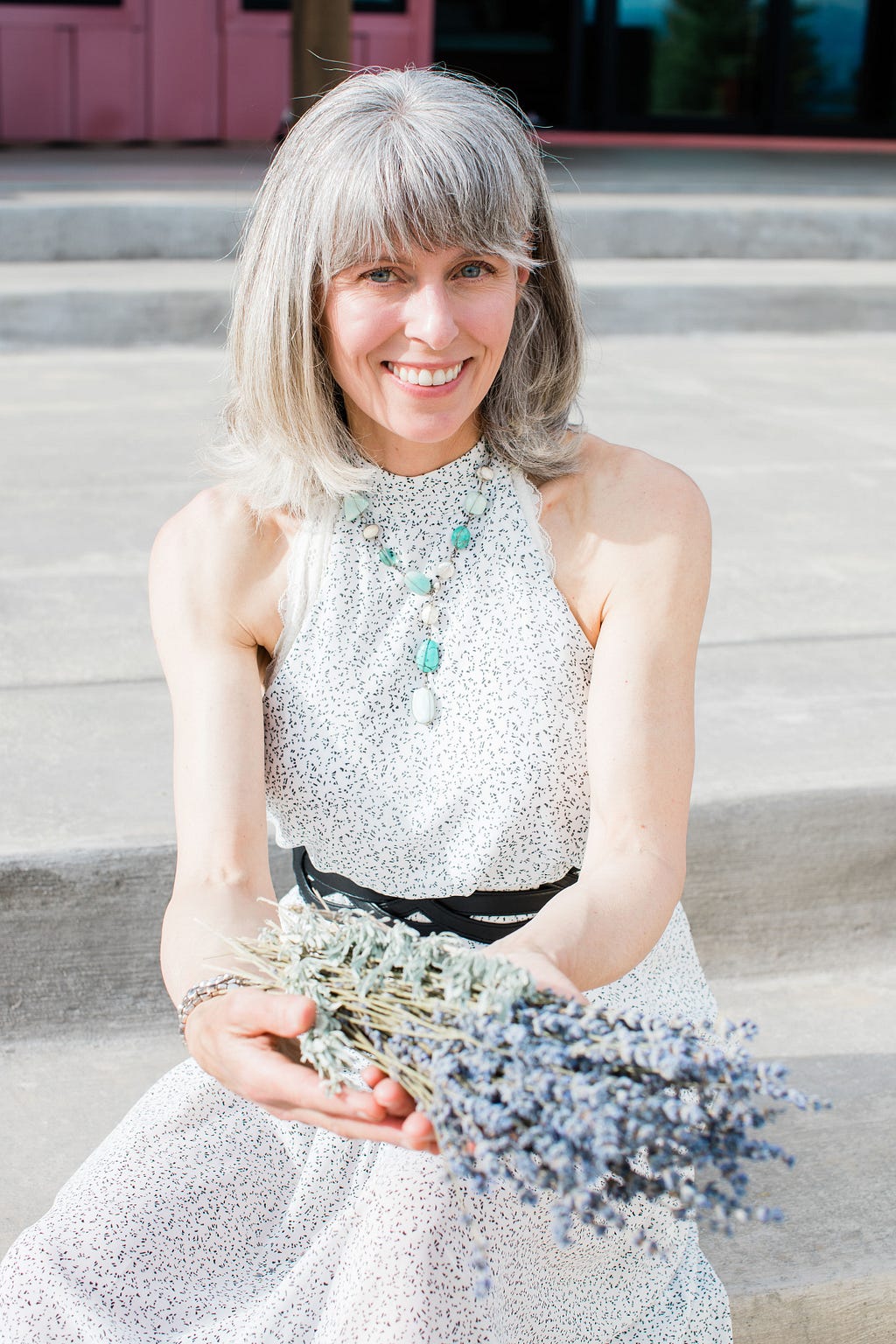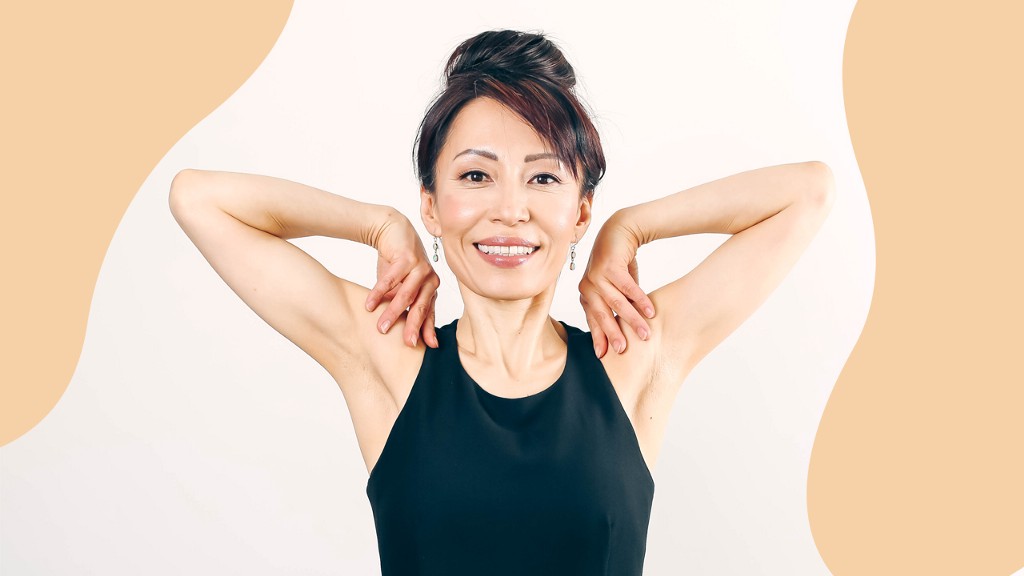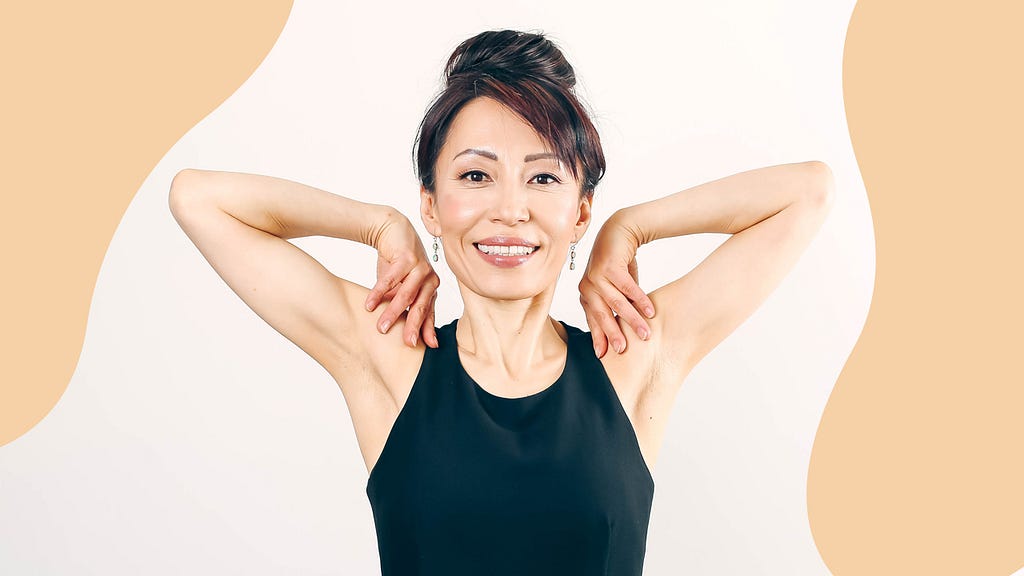Women In Wellness: Meghan Rose on the Five Lifestyle Tweaks That Will Help Support People’s Journey Towards Better Wellbeing
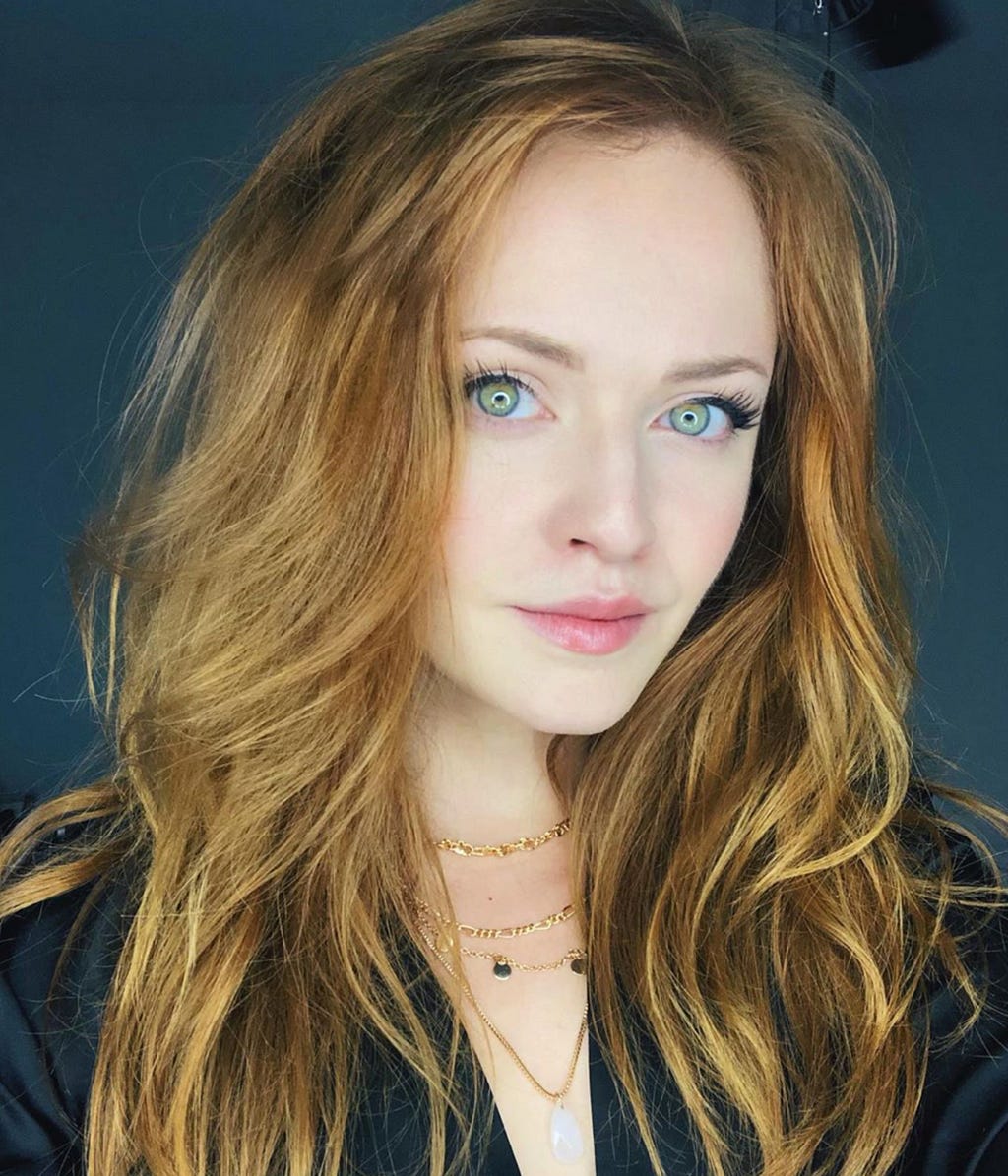
Rest — not enough of us have arrived here, mentally, physically, or emotionally. Turn off your phone, sleep in from time to time, have multiple days of the week where you’re not working or running errands, or committing to plans. We live in a culture that’s so bent on ‘exhaustion hubris,’ and I hope that we can take away the idea that over-working is something to praise. I want to congratulate the people around me who have healthy, balanced lives where they are their first priority. Rest is just as important as forward movement and work, if not more so. Take the vacation, utilize ‘Airplane Mode,’ sit down with your friends or your partner or your family, and be present. Rest. You deserve it.
As a part of my series about the women in wellness, I had the pleasure of interviewing Meghan Rose.
Meghan’s journey from working in the corporate sector of Private Investments to owning her own Los Angeles based business as a Spiritual Advisor should be a testament to any woman looking to break free and find their wild, creative self again: where you start doesn’t need to be where you end up. The late-twenties author, mentor, and now business owner feels more empowered by her client’s success stories than she does with her six-figure salary- let her help you get back to your truth.
Thank you so much for doing this with us! Our readers would love to “get to know you” better. Can you share your “backstory” with us?
Hi my love, absolutely, and thank you so much for having me. My story started in a tiny town in New Hampshire; I was raised in a town with less than 2,000 people and grew up on a dirt road there for the first 20 years of my life. I had very little access to exploring health, wellness, or spirituality, and trying to find people who made a career out of the combination was even more of a rarity.
After putting myself through college, paying my tuition out of pocket for a Marketing degree that I was banking on to give me a “safe” and financially prosperous career, it took just two months for me to decide I wanted to switch paths completely. I remember buying a one-way ticket in the middle of a snowstorm out of Boston-Logan airport and went straight to Los Angeles, California. The journey from then to now was filled with weeks of couch surfing, a couple of cockroach-infested apartments, and corporate gigs for Private Investment firms making more than I would have with my organs listed on the black market. I had “made it” to my family and friends back home from the outside looking in, but I was lost. Each day I had a 90-minute drive into a job that kept me desk-bound, punching numbers for almost ten hours before jumping back into a sea of infamous LA traffic left me feeling more and more detached from myself. A story not so rare to the modern-day working class.
I had always had a deep connection to my intuition, but it wasn’t until I left a job making six-figures to work for minimum wage at a meditation studio that I truly knew this was a gift I needed to trust. That job led me to become a meditation teacher myself, building the confidence to teach classes and work intimately with others struggling to connect to their true selves. After a couple of years, I was blending the skills of meditation, Tarot, and energy healing to build my Spiritual Advisory business, Meghan Rose Wellness — not only my career but my calling.
Can you share the most interesting story that happened to you since you started your career? What were the main lessons or takeaways from that story?
There have been so many exciting stories since it all began; I would say my Tarot mentor and our whirlwind relationship of teaching and learning. I met him from his famous Youtube channel and felt an immediate connection to how he read cards and connected to Divine messages. The process and modality are so healing and coming from a Christian background myself — I always struggled with the taboo around Tarot. But from my own experiences, it had never been anything but helpful in bringing self-awareness to my life.
After working with him for nine months, he finally nudged me to start reading for others. After getting positive feedback and teaching meditation classes for a while, I approached the owner of the studio I was leading classes with. I said, “I have an idea, it might sound crazy, but I want to lead Tarot meditation classes” — she was never anything but supportive. We had terrific turnouts for these live, collective, pick-a-pile style Tarot classes. But when COVID hit, I had to transition this experience online; alas, Intuitive Tarot Manifestation was born! My Monday evening virtual classes started with a man in Florida teaching me how to read Tarot cards.
Can you share a story about the biggest mistake you made when you were first starting? Can you tell us what lesson you learned from that?
To be frank with you, I have made countless mistakes. I’ve tried my best to learn from each and every one of them, but the heartache, financial losses, and embarrassment were no joke. I had to struggle with putting all of my trust and power into the hands of other people. Romantic partners, bosses, friends, colleagues.
I remember initially moving to Los Angeles after my boyfriend at the time told me to cancel my Yoga Teacher Training in Manhattan that I had already pre-paid for (on top of renting a $2500 Airbnb) if he promised to go with me. I was so quick to let other people make decisions for me and where my life was going. Then, I learned to trust myself and my intuition, finally realizing: I know what I’m doing.
None of us are able to achieve success without some help along the way. Is there a particular person who you are grateful towards who helped get you to where you are? Can you share a story about that?
The list of people who helped me get here could go on for ages.
I’ll start with my mother for always letting me explore my interest in spirituality, taking me to palm readers and psychics when I was in grade school (despite her mother calling her a Pagan). The way that she defied each and every person’s disapproval of my life & my journey to encourage me is an unconditional love I’m not sure I’ll ever be able to match. I remember moving 3,000 miles away on a whim, and not once have I heard her doubt or guilt me- she always meets me with an “I’m so proud of the amazing person you are” or “This is so good, and it’s just the start” each time I have a win or a loss.
Ok perfect. Now let’s jump to our main focus. When it comes to health and wellness, how is the work you are doing helping to make a bigger impact in the world?
I grew up around emotional repression and spiritual disconnection. I struggled for years with family members and friends that made me feel alienated and insecure about my desire to talk about my emotions, intuition, or interests. Knowing how isolating that felt, I vowed to let my work focus on giving other people the safe space to embrace their truth. The heavy emotions, the shadow self, the mistakes, the quirks — all of it!
I genuinely believe each action we take is either rooted in fear or love, and my work allows people from all walks of life to say, “I’m tired of being afraid of my vibrance, I’m tired of being afraid of judgment… I am ready to love myself as I am.”
Can you share your top five “lifestyle tweaks” that you believe will help support people’s journey towards better wellbeing? Please give an example or story for each.
Journaling — the power of manifestation is real. I firmly believe writing our intentions, facing our demons, learning about ourselves, and feeling gratitude can alter your perspective in the best possible way. I recently found a journal entry about my financial goals from last year and realized I had paid off $10,000 of debt, more than doubled my monthly income, and took myself on the vacations I had vowed to be able to finance. Even the reflection to me makes journaling worthwhile. It allows us to celebrate our victories rather than getting caught up in the process.
Meditation- this doesn’t have to look the same for everyone. As a trained Reiki Master, I gravitate towards chakra (energy center) meditations. Some enjoy silent meditations. Some meditate while cooking, or mountain biking, or painting. But a mindfulness practice of some sort where you are unplugged, slowing down, and connecting to yourself is a non-negotiable for true contentment.
Tarot — this one seems a bit obvious, but even living in Los Angeles, I still have so many first-timers coming to my classes, booking appointments, or that I meet casually. Tarot is a misunderstood and severely misrepresented art form that allows us to connect to our subconscious mind and allows us to bring consciousness to the way we’re living. After all of these years of studying and reading for others, I still read for myself, and I have my own readers that I go to and trust. I hope it becomes more widely accepted, and my goal with my career is to be on the frontlines, pioneering the global embrace of Tarot.
Rest — not enough of us have arrived here, mentally, physically, or emotionally. Turn off your phone, sleep in from time to time, have multiple days of the week where you’re not working or running errands, or committing to plans. We live in a culture that’s so bent on ‘exhaustion hubris,’ and I hope that we can take away the idea that over-working is something to praise. I want to congratulate the people around me who have healthy, balanced lives where they are their first priority. Rest is just as important as forward movement and work, if not more so. Take the vacation, utilize ‘Airplane Mode,’ sit down with your friends or your partner or your family, and be present. Rest. You deserve it.
If you could start a movement that would bring the most amount of wellness to the most amount of people, what would that be?
I would start a movement for a global-wide acceptance of vulnerability and emotional expression. I’m not entirely sure ‘how’ that would look, but imagine a world where we all said how we felt? A world where we started to approach ourselves and others with more love and gentleness? A world based on rehabilitation, healing, and acceptance rather than repression. That’s the type of world I’m trying to build, one session at a time.
What are your “5 Things I Wish Someone Told Me Before I Started” and why?
Be here now — if I had started being present and practicing mindfulness PRIOR to these life changes, I would have enjoyed the journey and trusted my process.
Let go of your expectations.
If you don’t respect someone’s opinion, don’t listen to their criticism.
Enjoy each up and down of this journey; it’s not about the money or the end goal. It’s about the process.
Allow yourself to make mistakes & don’t let the fear of making mistakes hold you back.
Sustainability, veganism, mental health, and environmental changes are big topics at the moment. Which one of these causes is dearest to you, and why?
Each of these causes is intersected with one another; I can’t rightfully tell everyone what to buy, eat, and do with their spending power. I can say this: money is simply an energy, and purchasing is simply an energetic exchange. Be conscious of your choices. Those choices are shaping our future.
What is the best way our readers can follow you on social media?
You can find me on Instagram @meghanrosewellness, or on my website www.meghanrosewellness.com — I look forward to connecting with bright, beautiful you.
Thank you for these fantastic insights!
Women In Wellness: Meghan Rose on the Five Lifestyle Tweaks That Will Help Support People’s… was originally published in Authority Magazine on Medium, where people are continuing the conversation by highlighting and responding to this story.


